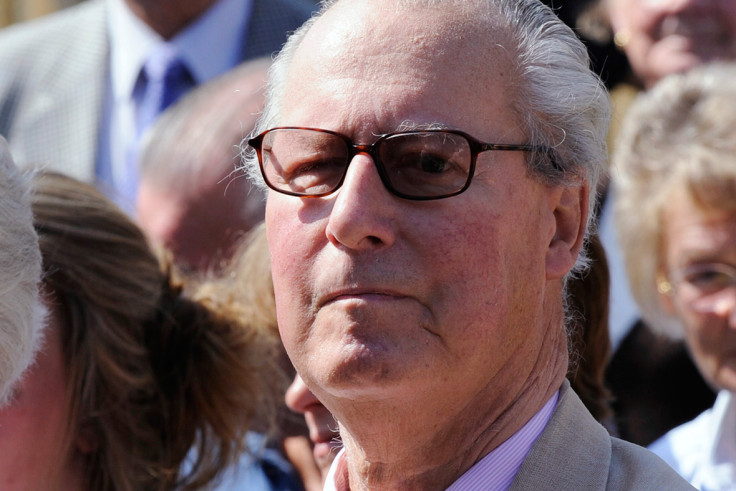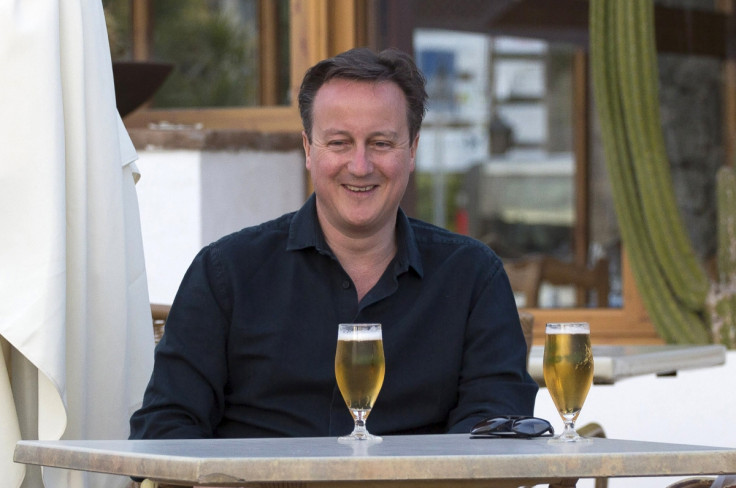Panama Papers: Cameron's tax affairs 'private' says his office

In the wake of the Panama Papers report, British media are turning their attention to the late father of Prime Minister David Cameron, Ian Cameron, who is alleged to have helped wealthy figures avoid tax.
According to the Mossack Fonseca leak, Ian Cameron was director of a Bahamas-based fund which managed tens of millions of pounds on behalf of wealthy people. The company, Blairmore Holdings, was set up in 1982 and was named after the family's ancestral home in Aberdeenshire.
According to leaked papers from the Panama-based law firm Mossack Fonseca, Ian Cameron's clients included Isidore Kerman, an adviser to the late Robert Maxwell, and Leopold Joseph, a private bank used by the Rolling Stones.

According to the Guardian, Blairmore Holdings has not paid any tax in the UK in 30 years. This however could not be independently verified.
According to the prime minister's spokesperson, Downing Street has previously responded to allegations about Ian Cameron. When asked if there was still any family money invested in the fund, the spokesperson said: "That is a private matter," adding that Cameron had "taken a range of action to tackle evasion and aggressive tax avoidance."
There is no suggestion that the alleged tax avoidance arrangement or others exposed by the leak were illegal or that Cameron's family did not pay UK tax due. Ian Cameron was among several other British individuals named in relation to investments set up by Mossack Fonseca. They include six peers, three former Conservative MPs and party donors.
The leaked document, according to the BBC, show that Cameron Senior was one of five UK directors who flew overseas to attend board meetings. Ian Cameron died in 2010. There were also three directors in Switzerland and three in Bahamas to help ensure the fund would not have to pay UK tax.
The company used bearer shares to ensure maximum secrecy. Bearer shares were widely used in offshore schemes but are now banned in several countries because of its potential to be used to facilitate money laundering and tax evasion.
It stopped using bearer shares in 2006, according to the BBC. Bearer shares allow investors or shareholders to hide their ownership and transfer assets without leaving a paper trail. Whoever has the bearer share in their possession is the legal owner.
Ironically, it was Cameron's Tory government that banned the use of bearer shares in the UK last year. The prime minister had also called for an international crackdown on aggressive tax avoidance and evasion.
An investment prospectus published by Blairmore in 2006 said: "The directors intend that the affairs of the fund should be managed and conducted so that it does not become resident in the UK for UK taxation purposes.
© Copyright IBTimes 2025. All rights reserved.






















